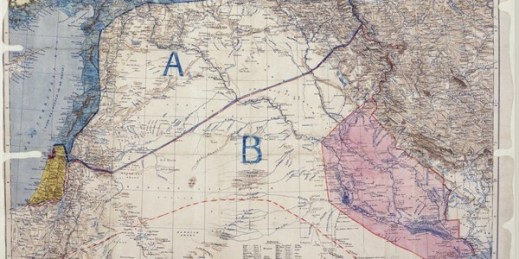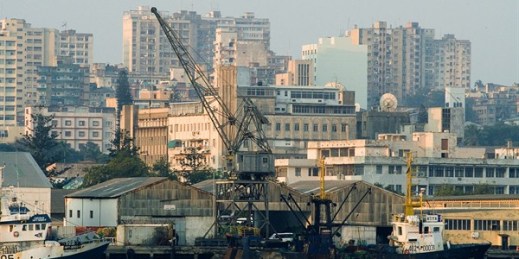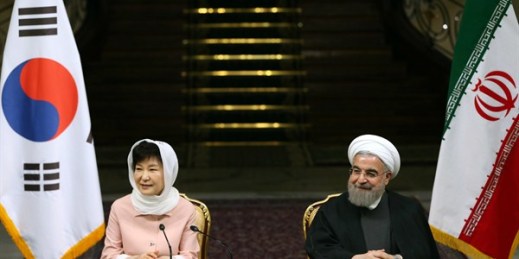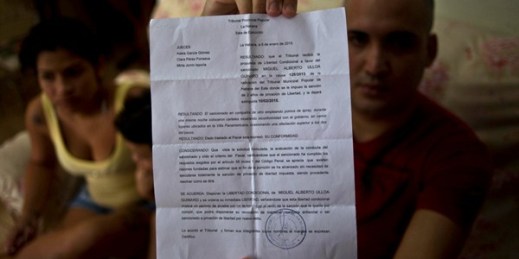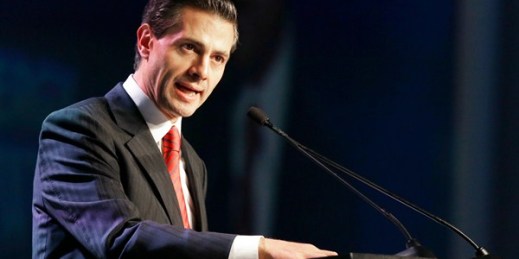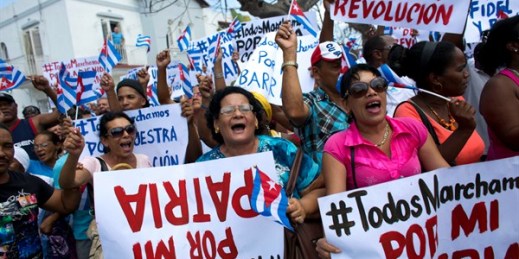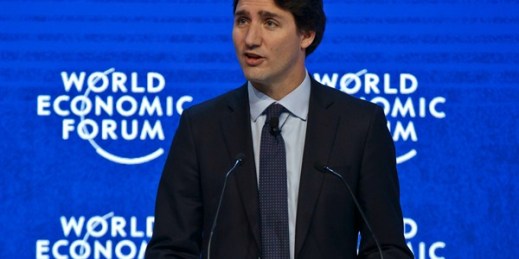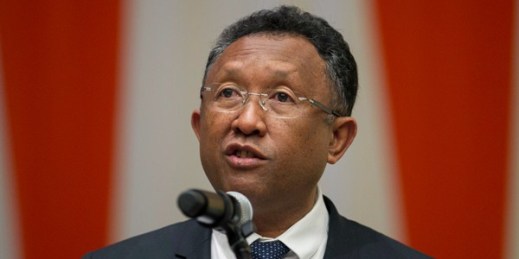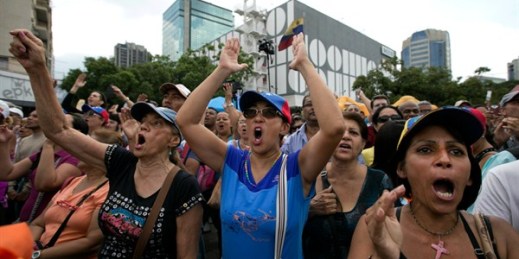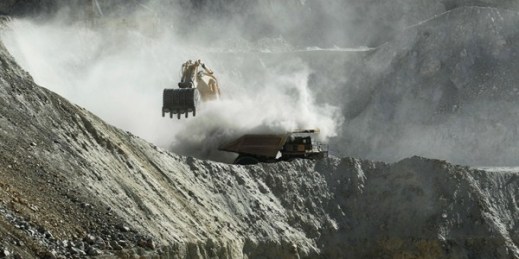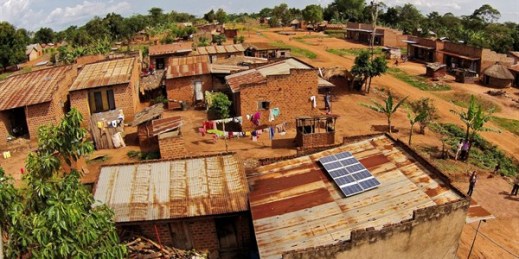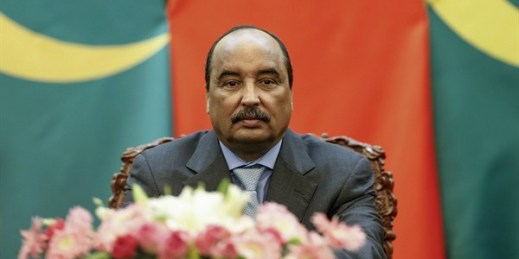
Earlier this month, thousands in Mauritania took to the streets to protest President Mohamed Ould Abdel Aziz’s proposed constitutional referendum that many believe is designed to allow him to seek a third term in office.* In an email interview, Noel Foster, a doctoral student at Princeton University, discussed politics in Mauritania and the reaction to the proposed reforms. WPR: What constitutional reforms has President Mohamed Ould Abdel Aziz proposed, and what is driving the move? Noel Foster: Abdel Aziz recently proposed a constitutional referendum, ostensibly to amend the constitution so as to abolish the Senate and pursue decentralization. Granted, the […]

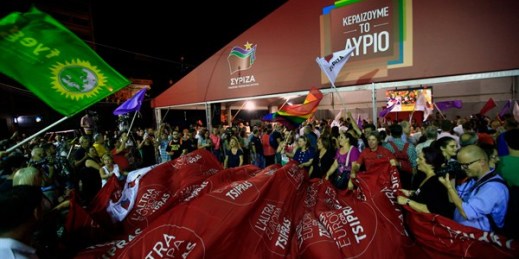
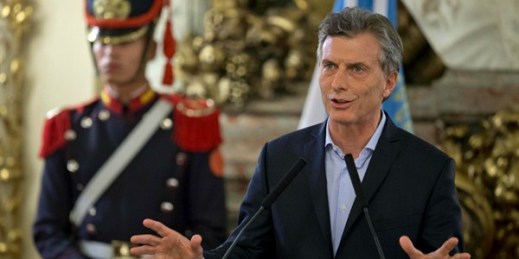
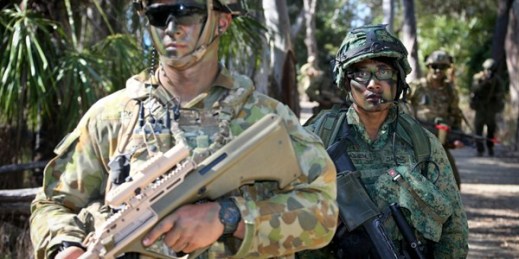
![Japan's Prime Minister Shinzo Abe, center, shakes hands with Myanmar's] President Thein Sein, left, and Thailand's Prime Minister Prayuth Chan-ocha, July 4, 2015 (AP photo by Kazuhiro Nogi).](https://www.worldpoliticsreview.com/wp-content/uploads/2016/05/l_japan_mekong_05172016_1.jpg?w=519&h=259&crop=1)
